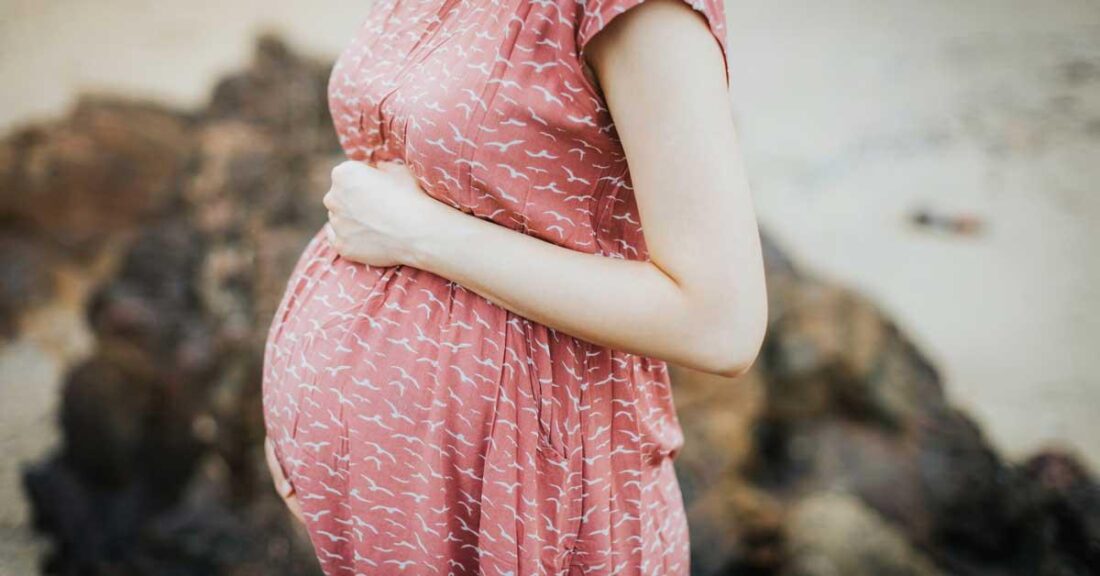When you are pregnant, you go the extra mile with your health because it affects fetal well-being in the long run. You watch the food you eat, follow the doctor’s instructions regarding medicines, and tread carefully to avoid fall mishaps. But one thing most pregnant women likely miss is safe drinking water. It is easy to assume that your household supplies are safe because you may have used them for years.

However, the Camp Lejeune disaster rings warning bells because many pregnant women suffered from miscarriages and stillbirths due to toxin exposure in domestic supplies. Awareness can save you and your unborn baby from such grave risks, so it is vital to know some facts about water safety. Let us share some key information every pregnant woman should have.
Hydration is crucial during pregnancy
Before understanding the basics of water safety, it is vital to know the significance of hydration during pregnancy. It keeps a woman and her fetus healthy throughout the pregnancy. Hydration is crucial because it addresses several pregnancy-related issues, such as bladder infections, constipation, and hemorrhoids. Dehydration can even trigger contractions later in pregnancy, so you must ensure optimal hydration throughout all three trimesters. Although drinking a few liters of water can increase the number of toilet trips, you must make conscious efforts to have enough.
Understand the risks of contamination
While hydration is essential during pregnancy, drinking contaminated water can do more harm than good. You may become ill or suffer from low immunity due to the presence of disease-causing microorganisms in domestic supplies. Even worse, toxic contaminants like lead can reach the unborn baby and have severe implications like birth defects, miscarriage, and fetal death. You must absolutely be vigilant about your domestic supplies and ensure access to safe water throughout pregnancy.
Know the potential culprits in tap water
Although Americans are habitual to consuming domestic tap supplies, one cannot assume safety and take a complacent approach during pregnancy. The Camp Lejeune contamination disaster is the worst one in the country’s history, and it is a lesson for the authorities and the public. Victims can file a Camp Lejeune water contamination lawsuit even decades later, which indicates the gravity of the disaster. Contaminants like naturally occurring chemicals, agricultural runoff, manufacturing wastes, sewer overflows, and chemicals from malfunctioning wastewater treatment systems can harm your unborn baby.
Get your domestic supplies tested
Knowing the potential culprits gives you a good start, but you must take a proactive approach by getting your domestic supplies tested for contaminants. It may sound like a lot of work, but consider it a way to ensure the safety of your baby. Although hundreds of contaminants may be present in drinking water, these are the ones of high concern for pregnant women-
- Microorganisms and bacteria such as Giardia and e-coli
- Lead from pipes in or water lines to properties built before the eighties
- Organic chemicals from agricultural herbicides and pesticides
- Nitrates and nitrites from fertilizers, manure, and sewage runoff
- PFAS occurring in many products and in firefighting foams
- Industrial chemicals and VOCs like benzene
- Arsenic from industrial pollution
- Disinfection byproducts such as chloroform
- Trichloroethylene (TCE), tetrachloroethylene (PCE), and benzene
Do not rely on taste and smell
Clean water is vital for a safe pregnancy, but you cannot assume it only because it tastes and smells good. The most dangerous contaminants, such as bacteria, viruses, agricultural pollutants, arsenic, and lead, are tasteless and odorless. It makes them even more harmful because you end up consuming them every day, without fearing any harm to your unborn baby. The best option is to test proactively and report anomalies to the authorities sooner than later. But you must also do your bit by installing a water filter to purify your domestic supply water. It is a small price for the safety of your baby, so you must not skimp on the investment. Moreover, a filter is an excellent long-term asset because it ensures safe drinking water for everyone else in the family.
Water safety should be a top priority for everyone, even more for a pregnant woman. You cannot rely on your instincts to ensure the safety of your domestic supplies. Moreover, your health as an expecting mother is crucial, so you must not take any chances with it. Following some simple measures is enough to ensure the safety of drinking water at home. Everything boils down to awareness, so you must brush up on these facts and ensure the well-being of your baby before and after birth.



